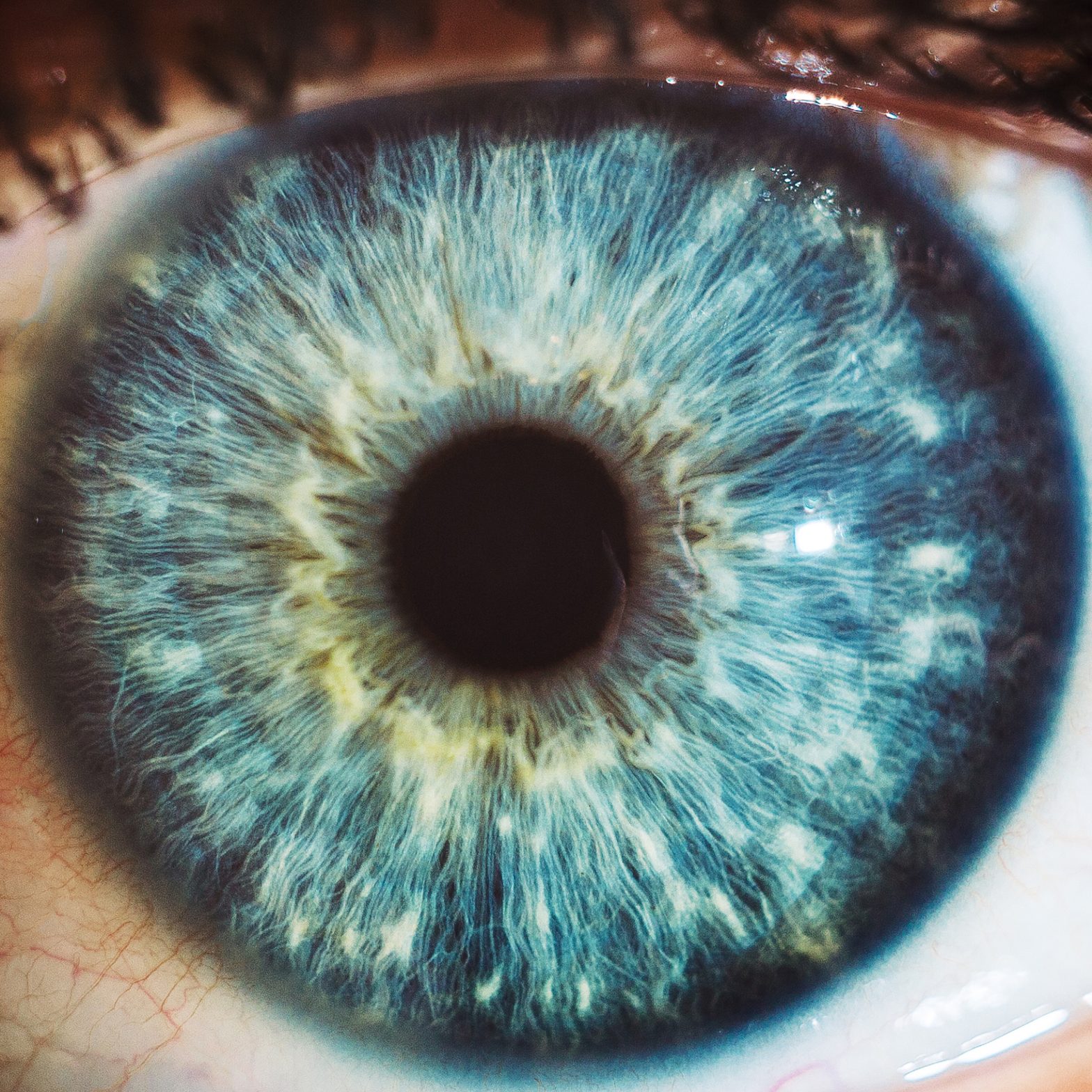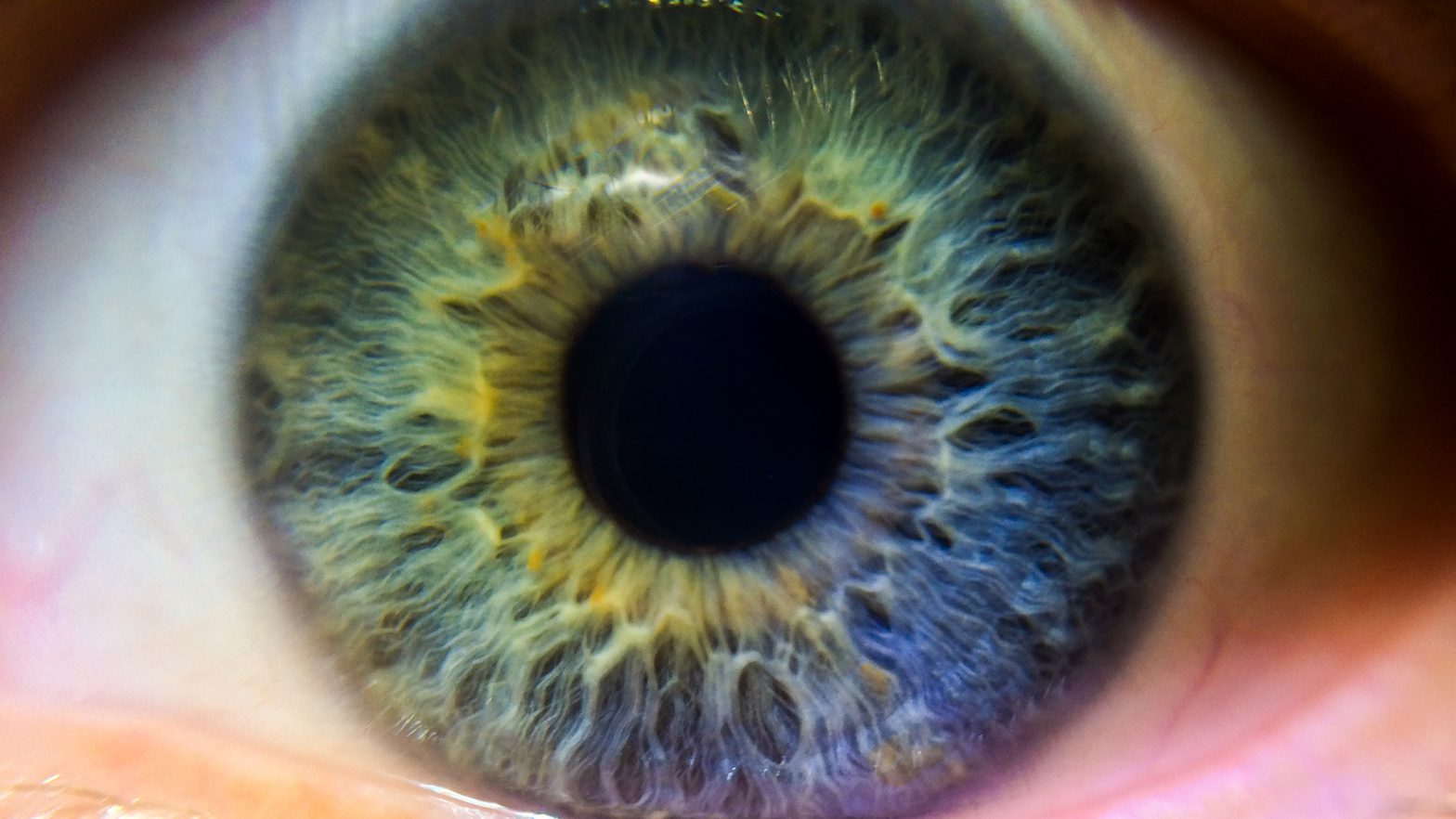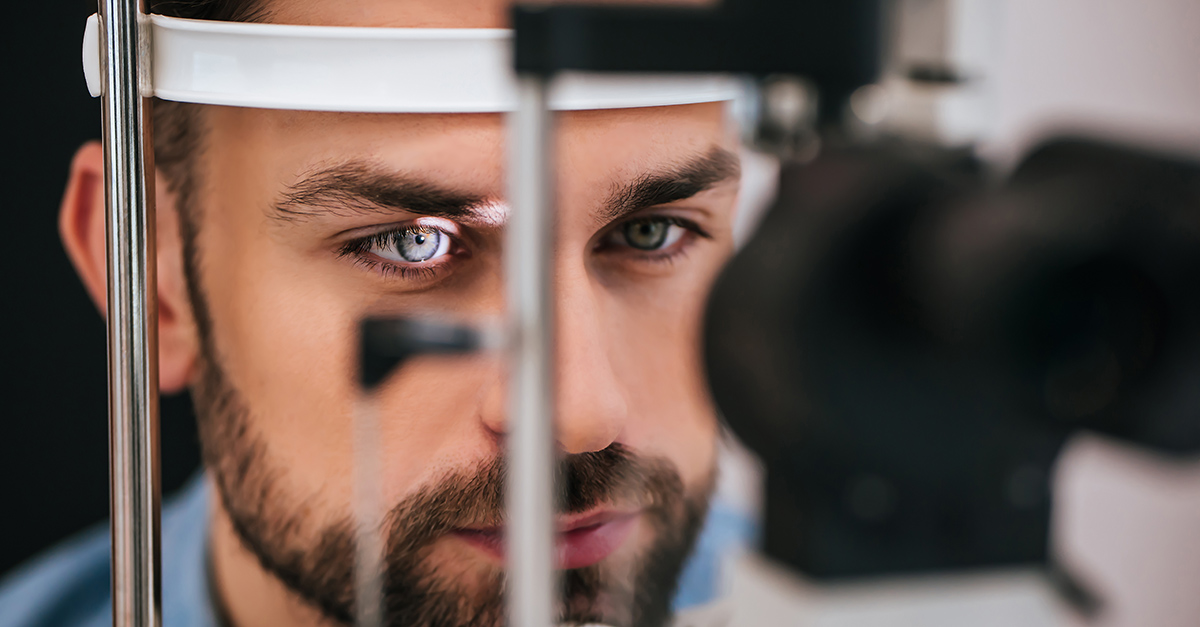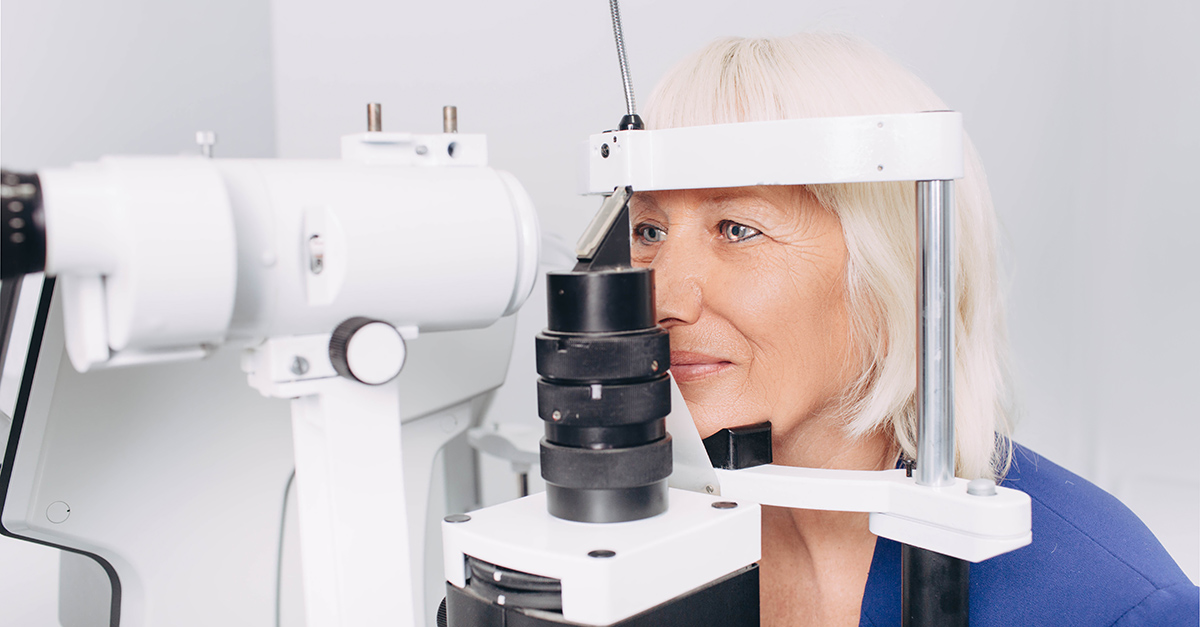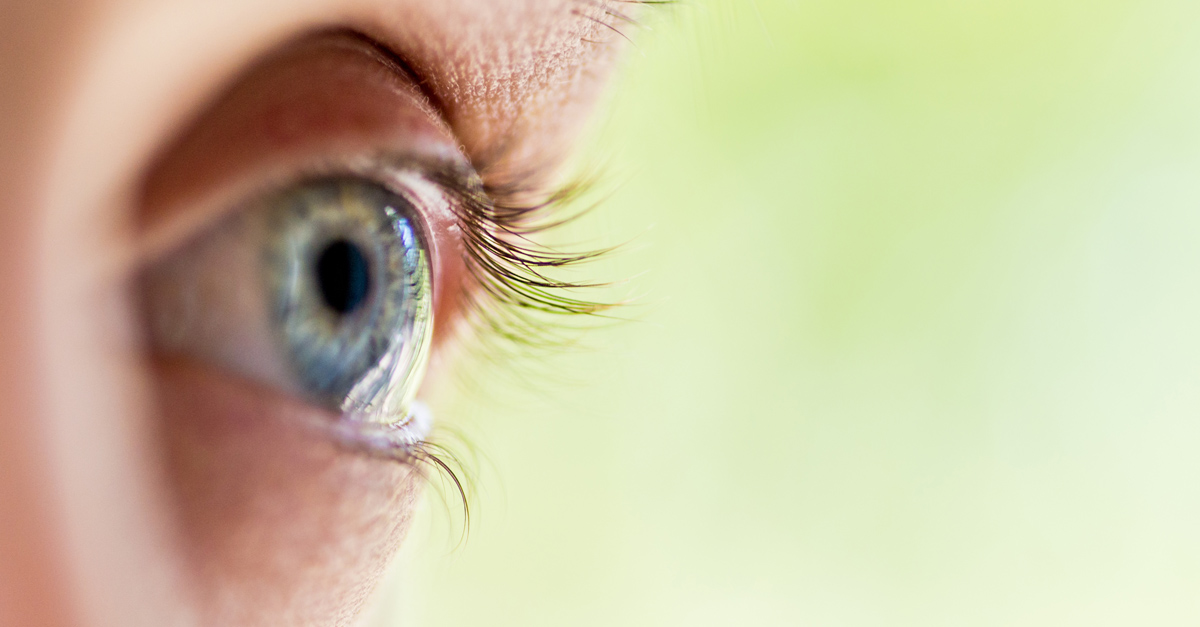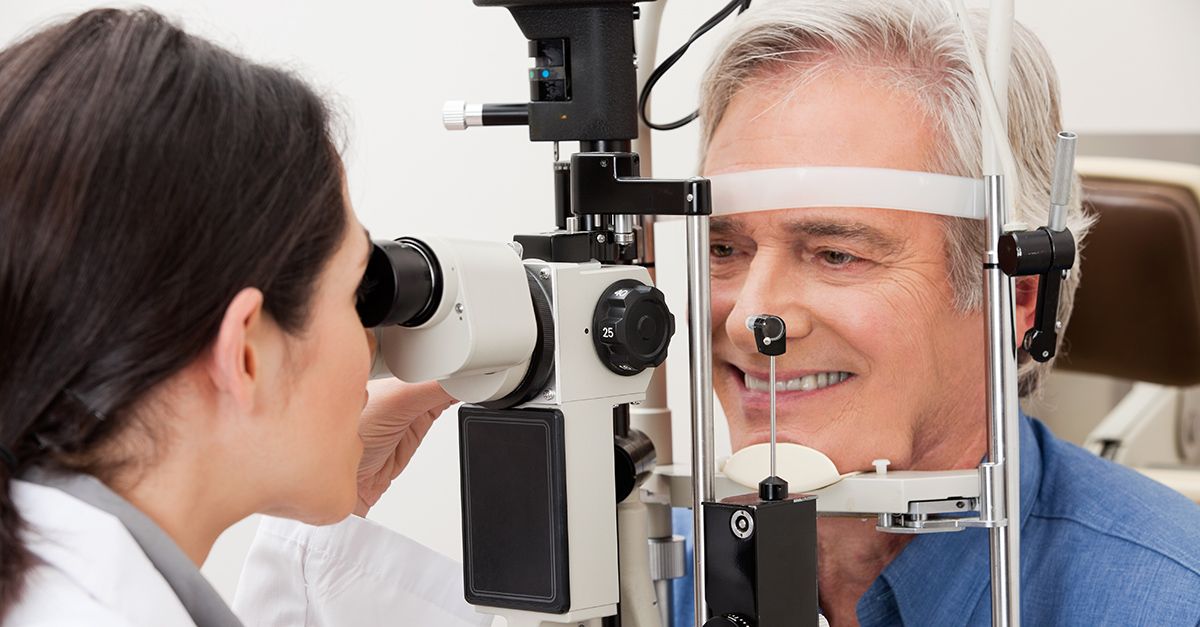Adults without vision problems may be tempted to avoid routine checkups, and those who require corrective lenses may only visit an eye doctor after losing or damaging a pair of glasses. However, it is recommended to have a comprehensive eye exam annually or every two years, depending on your age, risk factors and whether you …
Continue reading “Why Should Adults Routinely Have Their Vision Checked?”


